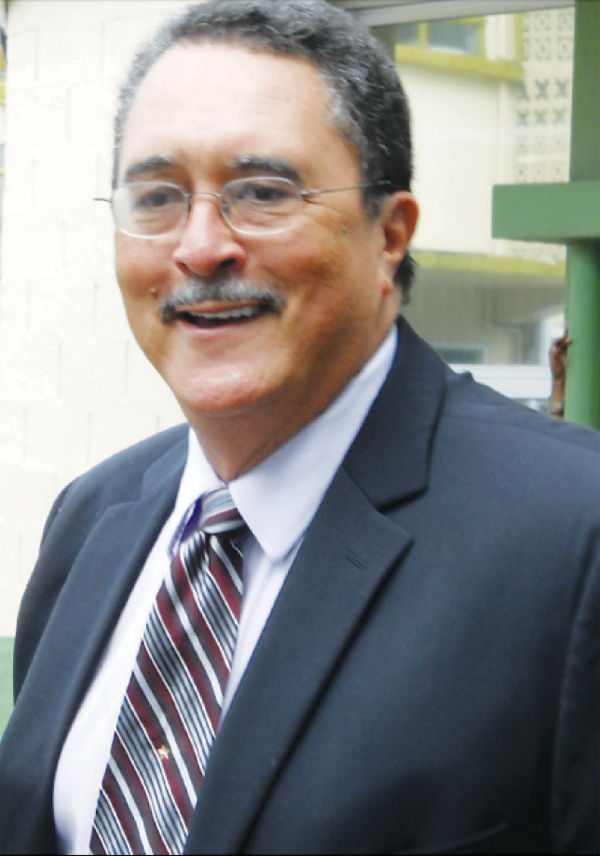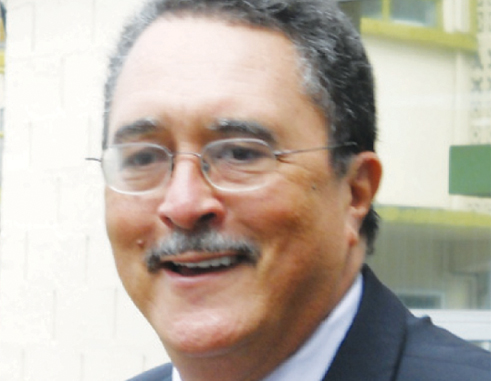New Feature Of World Civilization.

ST LUCIA launched its Economic Citizenship Programme in Monaco earlier this week. Prime Minister Dr. Kenny Anthony delivered the keynote address at the launching. The following is the first of two parts of that address entitled “GLOBAL CITIZENS – NEW FEATURE OF WORLD CIVILISATION”:
It has been a long and deliberative journey. For many of you, this is your industry, your livelihood, and your professional space so it is easy to assume that establishing a citizenship by investment programme is a matter of course. But for a politician, it can be an arduous decision. One which, if well executed, can lead to national prosperity and minimal criticism.On the other hand, if executed badly can reap severe criticism and electoral calamity.
The issue of awarding citizenship for commercial benefit is ideologically laden. Those who approve point to the significant income earned, and an upswing in economic activity. Those who disapprove are quick to argue that it is passports for sale, it reeks of corruption, it allows for suspect characters to become citizens and ultimately, it leads to the desecration of identity.
BORN INTO A COLONIAL SETTING
Truth be told, I firmly believe that citizenship should always be a statement of national pride and an expression of national sovereignty. I was born in a colonial setting. I was nurtured in the fight for national identity and self-determination. My consciousness was defined by an assertion of national pride. But in my twilight years, I am a political leader in the age of globalisation – itself, a contradiction of nationalism. It is the globalisation spirit, where boundaries and identity defined by the nation-state are diminishing, which is propelling the new character of a global citizen! And with global citizenship comes the need for multiple citizenships.
A PERMANENT FEATUE OF WORLD CIVILISATION
I have never yearned to acquire a second citizenship. But in the 1950s and thereafter, many of our people sought better livelihoods and new challenges in faraway lands due to the abject economic and social conditions left by colonialism. In a curious way, they were pioneers of global citizenship.
Today, our young mobile generation empowered with technological interconnectivity are wired to seek new lands, new opportunities as if it is just part of their DNA. So how can I say to a young Saint Lucian who dreams of working in a major financial institution in some metropole, and wants citizenship of that country to protect his employment and livelihood, that he is wrong to do so? Likewise, how can I say to the family living in a troubled land and wishes a second citizenship for safe and easy travel that they are wrong to do so?
In this era, we have the intensification of the phenomenon of global citizens, persons willing to move from country to country, residing in multiple cities in their lifetime. The demand for a second or even multiple citizenships are now a permanent feature of our world civilisation.
PARADOX OF POVERTY IN PARADISE
We also live in world where small is synonymous with being disadvantaged. Leading a small-island state is an acceptance of immense difficulty and challenge to provide civilised standards of living for citizens. Now we have to contend with new problems and challenges.
We are the worse victims of the effects of climate change – the consequence of man’s war with the environment in search of unbridled profits and economic expansion. The frequency of natural disasters is having a telling effect on our capacity to provide sustainable livelihoods for our people. Yet we are deemed to live in a paradise. A classic paradox of poverty in paradise.
A midst the challenges we remain a people resilient and sculptured in struggle and survival.
I have come, in the vein of a practical and pragmatic leader to accept that the world is changing. The institutional insensitivities which so often pervade international discussion on development prove that the requirements and resources needed to achieve economic growth and equitable development will not be forthcoming. We need to think beyond the traditional approaches, outside the prescriptive menus, to deal with our problems. Offering citizenship through investment has now also become a viable alternative. The data and statistics are there to prove its effectiveness as an investment tool.
But the necessity to consider alternative approaches, and in this case citizenship by investment, must always be in a context of understanding who we are as a people and an acceptance that we are not just offering citizenship or a passport but we are offering an identity, a people and our place in the world.
WHO ARE WE?
Small as we are, we have shaped the world. We have contributed to world civilization as we know it today. We have done so in a remarkable way by giving to the world two Nobel Laureates, earning us the description of the highest number of Laureates per capita in the world. Derek Walcott –literature, and Sir Arthur Lewis-economics and these individuals have shaped the fortunes and influenced the thinking of many countries. We have also left our mark on many emerging countries with intellectuals and thinkers serving in public and private sectors, shaping thought and practice. Saint Lucia is a nation of accomplishments. Our contribution to world civilisation is way beyond what is expected of our land size, population and GDP. So in some ways, we have always been global citizens. I won’t be surprised to see statistics which states that there are more Saint Lucians living outside Saint Lucia than in Saint Lucia.
It is well known that we have a passion for education. Our young people have an unquenchable thirst to secure knowledge. We are a group of people who are fascinated by securing experiences in places of learning, seeking new challenges and adventures in distant lands.
We are not just about artistic talent and intellectual accomplishment. We are a special and extraordinary island. We are the owners of a unique patrimony – the Pitons – World protected, World Heritage site. As Saint Lucians, we have a responsibility to protect it not just for our country but for humankind, because it is so extraordinary, so rare, it cannot be replicated anywhere else. It is the common heritage of all mankind, and all Saint Lucians have a role to safeguard it.
We come from a land of romance. When I use the word “romance”, I am not using it in the traditional sense that you and I know. I am using it in the sense of the extraordinary beauty of our ecological patrimony. You simply cannot expect to come to Saint Lucia without feeling the beauty that it conjures. That romance is translated to other things, our personality, our product, our language, our culture. That is why today, Saint Lucia has been rated as the number one wedding and honeymoon destination in the Caribbean and is among the top in the world.
SECOND AND FINAL PART in Tuesday’s issue













